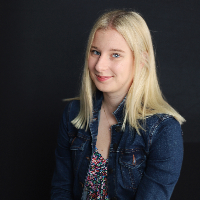Born Without A Womb And Living With MRKH Syndrome
In July 2019 when I was 17 years old, I found out that I was born without a womb. Unsurprisingly, it came as a massive shock to me and my family. The diagnosis is called Mayer-Rokitansky-Kuster-Hauser Syndrome. It’s a bit of a mouthful, so we call it MRKH.
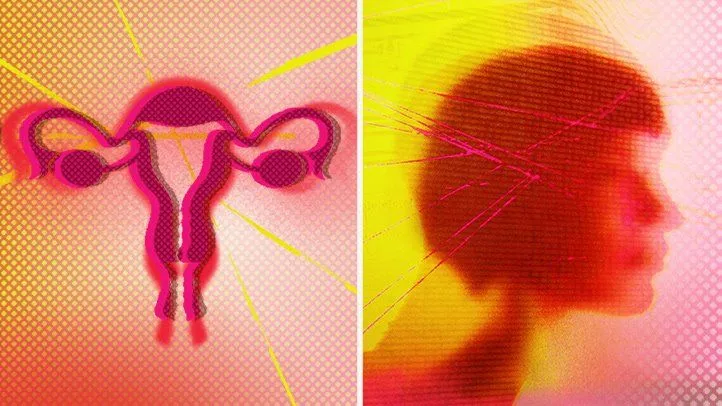
What is MRKH?
MRKH essentially means that I was born without a womb. There is a bit more to it than that, a great resource for information about the condition is the MRKH Connect website, which describes MRKH as:
“a disorder of reproductive development leading to the absence of the uterus, cervix, and the shortening of the vagina. The presence of ovaries produces female hormones that lead to breasts and pubic hair developing. However, the absence of the uterus means that periods don’t start, which is usually the first sign investigated by a local doctor or physician.”
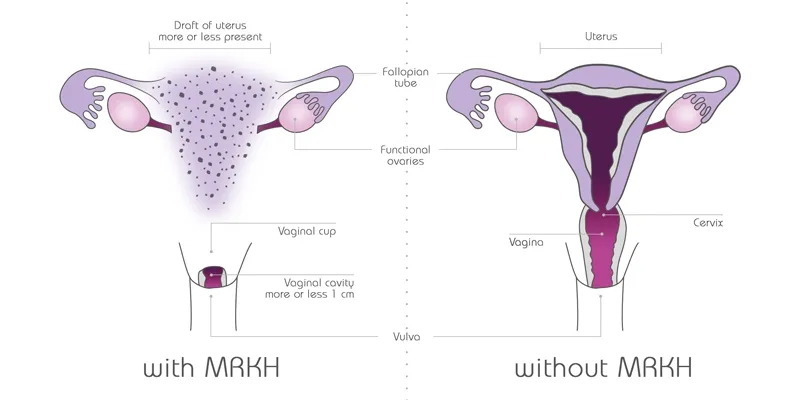
There are two types of MRKH, Type 1 and Type 2.
Type 1 is essentially what has been described above, Type 2 is all of that plus other secondary health problems. Examples include issues with the: spine, kidneys, heart, and hearing. I have Type 2, as I was born with only one kidney.
How does MRKH impact Physical Health?
Physically, I do not notice MRKH too much on the day-to-day, the most obvious physical symptom is the fact that I do not have periods. I have a monthly hormonal cycle, as I have two fully functioning ovaries; but because I have no womb, I do not menstruate.
Another physical way in which MRKH impacts my life is the fact that, currently, I cannot have penetrative sex. This is because my vaginal canal is underdeveloped and very short.
When the time is right for me, I will undergo a treatment called dilation which involves the stretching of this muscle using a non-surgical treatment method. This will be supervised by my hospital and will likely take a number of months to complete.
However, right now, I am in no rush to do so, some MRKHers undergo treatment straightaway after diagnosis, others wait until they are ready, and some choose not to at all, dilating through sex or as opposed to with the use of dilators. I feel it is important to stress the message that there is no expectation to dilate or to have sex, you can do so when you feel ready, or not at all, it is completely the choice of the individual.
Also, the fact that I will never be pregnant has an impact on my physical health. If I want a biological child of my own one day, I will have to go through IVF Surrogacy, whereby another woman carries my baby in her womb, using my eggs and my future partner's sperm.
Although right now, at 19, I do not notice that too much physically as I am not currently trying for a baby, this is a symptom that currently affects my mental health more than it does my physical health.
Other than these factors, the impacts of MRKH on my physical health feel minimal to me, the impact on my mental health is much greater…
How does MRKH impact Mental Health?
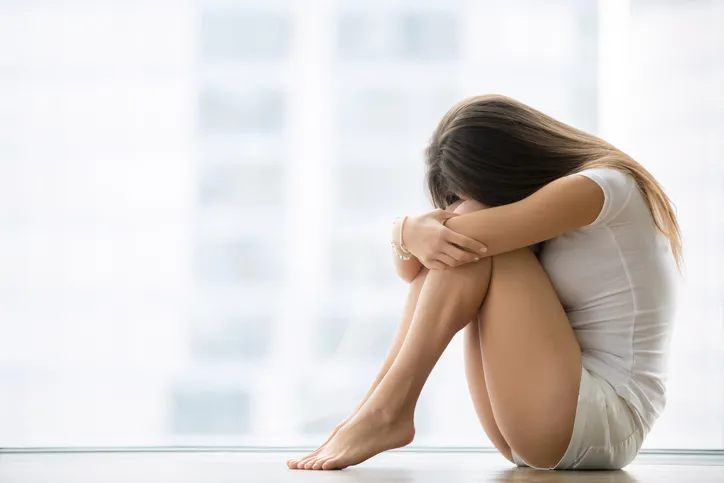
As I am sure you can imagine, living with a diagnosis like MRKH is complicated. Some days, I feel empowered by my diagnosis and, believe it or not, super grateful for the life I now have. Other days, however, I am completely overwhelmed with pain and grief, and all I want is for this diagnosis to go away.
To know that I will never be able to grow a baby under my heart is soul-destroying, especially as I always picture myself as being a mum. I often feel like I am damaged goods, not enough, or worthless, and they are all normal feelings that most, if not all, MRKHers experience at some point within their journey.
Unfortunately, it is not uncommon for MRKHers to turn to unhealthy coping mechanisms in an attempt to cloud the true pain of our reality. To be told as a teenager that you can never have a baby, whilst still a child yourself, is simply traumatic; you end up living 10 or 20 years in the future, and you are forced to grow up so quickly, and that is super scary.
I am very grateful to have the best mental health support from a psychologist who specialises in MRKH. This has helped me no end. I have met with a number of therapists since diagnosis, all of which have been online due to the pandemic, but it is very hard to process a diagnosis with a therapist who knows less of the facts than you do, as they are not fully equipped to help you.
As an example, I did a course on low-intensity Cognitive-Behavioural-Therapy (CBT) during the first lockdown. My therapist was lovely, but she could not help me to process the emotions I was feeling or the trauma I had faced, so instead focused on the practical aspects of how this was impacting me.
So, because of my diagnosis, I had completely lost my appetite, instead of focusing on why that was, she instead focused on getting me to eat properly again.
Don’t get me wrong, it did help in a physical sense, but it did not deal with the complex thoughts or feelings that were still bubbling under the surface because of MRKH. As such, when I met my now psychologist, it was a huge shock to the system having to reopen old wounds from my past that I had learned to suppress over time.
How does MRKH impact Social Life?
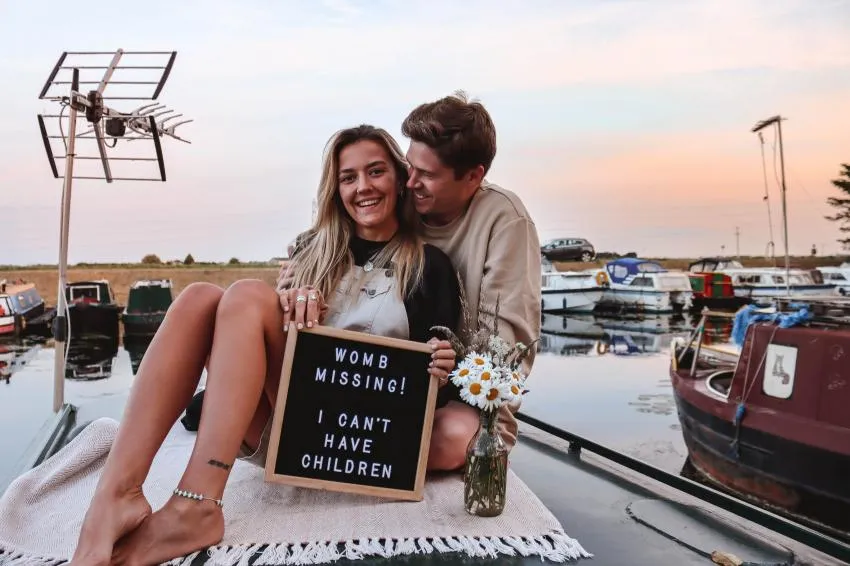
MRKH is not very well known or talked about, which is odd to me given it affects 1 in 5000 women, which when you think about it is not that rare. But, out of everyone who I have told in my friends and family, only two people had heard of it before, one of my school teachers who has a friend with MRKH, and one of my university friends who has a relative also living with it.
The fact that it was so unknown to everyone made processing the diagnosis even harder for me because I felt so different from everyone I knew and loved. Maybe it’s because it’s true to an extent, which is probably why I consistently feel so at home with the MRKH community because they understand me in ways my friends and family cannot.
Unfortunately, since diagnosis, I have lost a number of friends who could not cope with MRKH being a part of our lives. Some did not accept me for who I am or the choices I make regarding my health, and others could not cope with the fact that my mental health dipped, whilst some took the control of disclosure away from me and told others about it before I was ready to.
This was unbelievably tough for me, to have people I saw as my best friends not accept me because of the way my body is, but I know how they are not real friends.
I am so lucky to have found so much solace within the MRKH community, I went looking for people “like me” very soon after I was diagnosed, and now two years on, have never looked back.
A lot of my best and closest friends are the MRKHers I have connected with. It took a while to open up to people I didn’t know, but it opened a whole world of unconditional love and support. We are each other’s biggest supporters, we celebrate the highs together, and we grieve the lows together, and they are some of the strongest friendships I have ever formed, we see ourselves as a family:
I have big sister role models to look up to, younger sisters to look after, a bonus mum who accepted me into her family, and my best friends.
I am never short of people to go to when I need help, and I also receive a lot of messages of people wanting or needing help from me, so I am always mid-conversation with multiple people.
I might have lost some friends along the way, but I would go through those arguments, confrontations, and losses ten times over if it meant I would still find the people I now have in my corner.
The only downside of the community in my mind is the fact we are global. I love having friends across the globe, but it means meeting up is super hard. Sometimes you just need your people by your side, and when they are 10,000 miles away, it can be hard.
Even arranging a phone call can take weeks or months, and a lot of my friends I have not had the chance to meet yet, and FaceTime can only do so much.
Saying that, I would never trade the connections I have now made, it means the moment of finally meeting after years of planning and hoping will only be that much more special.
To be held by someone I now call my bonus mum, or to meet the friend I now run an MRKH-based organisation with will be so precious and will be memories I hope to one day have and cherish forever.
How does MRKH impact work life?

MRKH led me to study English, to read more on how MRKH has influenced my academic life, follow this link to Writeous, with whom I recently published an article on how, without MRKH, I would not have the desire to be a teacher, be a writer, or be studying English.
Work-wise, I have founded a soon-to-be charity organisation called MRKH Stars, which I run alongside studying for my English degree.
It is a lot of work and juggling it on top of university and my part-time job as a tutor can be stressful, but I would never give it up. It has given me a unique sense of fulfillment, I often say that it fills the gap; where there was once a place in my heart for being pregnant and having a baby, for now, it is filled by my work with MRKH Stars.
I get to share people’s stories and experiences with MRKH, unite younger and older MRKHers, as well as be able to help those people in a desperate search of some support to find a friend who understands them.
Running a charity is by no means easy, there are lots of admin and official processes to go through, but I have learned how to lead, and I have learned that I am capable of more than what MRKH dictates I am capable of.
In a weird way, I am grateful for my diagnosis, and for all, it has given me; in strength, the community behind me, in my academics and in my career choices, in bravery, resilience, and in courage.
MRKH has taken so much from me, and it is important to acknowledge that, and I do not always feel as empowered by it as I do right now, but it has also given me so much.
With that in mind, I would not trade life for MRKH for one without it.
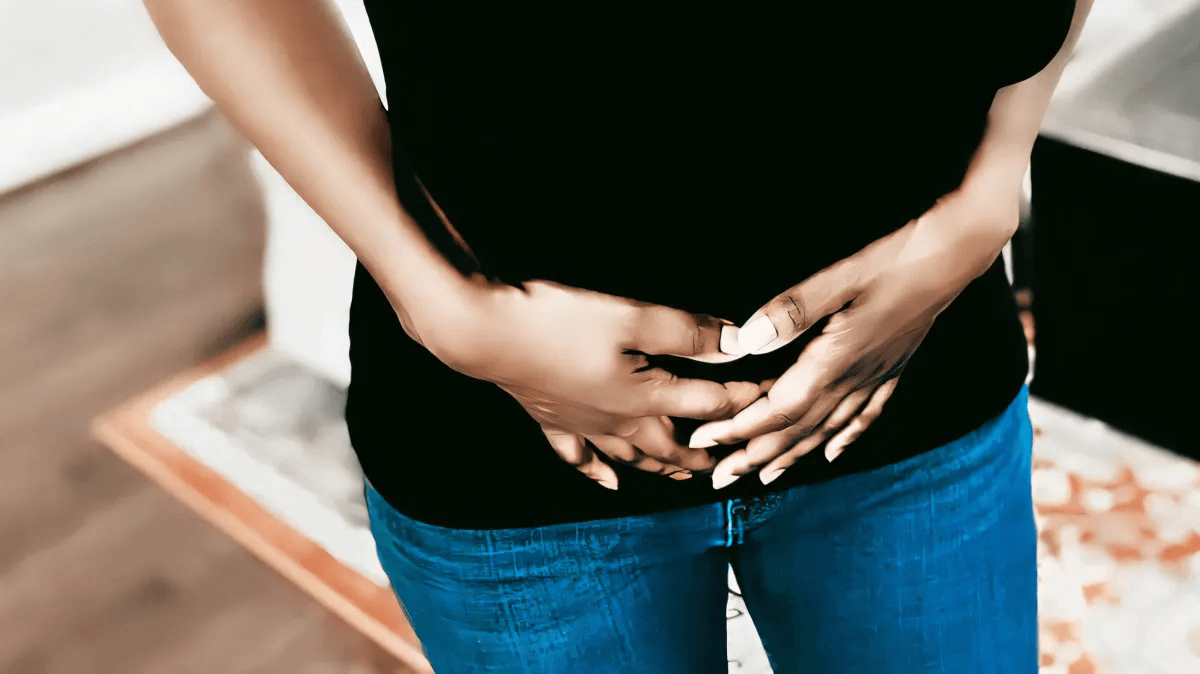
Opinions and Perspectives
The journey to acceptance is different for everyone. That's important to remember.
The impact on family planning is so complex. It affects more than just us.
It's amazing how something so challenging can lead to such meaningful connections.
The support from the MRKH community seems incredible. How do you first connect with others?
Do you find it easier to connect with people online or in person about MRKH?
The impact on education choices is interesting. It really can shape our whole life path.
Finding specialized healthcare can be such a challenge. Anyone have tips for finding good doctors?
I struggle with feeling less feminine sometimes. Does anyone else experience this?
The mental health journey really resonates. Some days are definitely harder than others.
Your writing style is very engaging. Have you considered writing more about your experiences?
The community aspect is so vital. I felt so alone until I found others who understood.
The support system you've built sounds incredible. It gives me hope for my daughter's future.
I just tell them it's complicated and change the subject. Not everyone needs to know the details.
Your perspective on timing for treatment is refreshing. There's often so much pressure to rush things.
The medical terminology was so intimidating at first. Wish doctors would explain things more clearly.
Completely relate to that. I had to think about fertility options before I even finished school.
The part about feeling different from friends really resonates. Sometimes it's lonely even when surrounded by people.
I appreciate how you acknowledge both the grief and the growth. It's not always one or the other.
I worry about future dating too. It's comforting to hear others navigate this successfully.
The terminology around this condition can be so overwhelming at first. Thanks for breaking it down.
I found telling my partner surprisingly okay. Being honest early on helped us build trust.
The way you describe your bonus MRKH family is beautiful. Sometimes the families we choose are the strongest.
I'm a medical student and this has opened my eyes to how we need to better prepare doctors to discuss these conditions.
Your story about CBT really highlights the need for specialized mental health support.
I did it last year. It's challenging but manageable with good support. Take it at your own pace.
Has anyone here gone through the dilation process? I'm nervous about starting it.
The impact on relationships is something we don't talk about enough. It's not just about fertility.
I love that you're creating resources for others. When I was diagnosed there was hardly any information available.
The statistics about prevalence are eye-opening. I wonder how many women are undiagnosed.
Yes! I've been saying this for years. The funding for research is so limited compared to other conditions.
Your academic journey is really inspiring. It's amazing how you've channeled this experience into something meaningful.
I appreciate how you addressed the physical aspects honestly without shame. We need more of that in healthcare discussions.
The global aspect of the MRKH community sounds both wonderful and frustrating. Have you considered organizing virtual meetups?
Your perspective on gratitude despite the challenges is really powerful. It's not easy to find silver linings in such situations.
That's fascinating about your hormonal cycle continuing even without a womb. I never knew that was possible.
As someone considering becoming a surrogate, reading stories like yours helps me understand just how meaningful this role can be.
The mental health impact is so significant. I wish there were more specialized therapists who understood these conditions.
Can you tell us more about MRKH Stars? I'd love to get involved or contribute somehow.
Reading about your journey to acceptance is inspiring. I'm still struggling with my own diagnosis but it helps to know others have walked this path.
I actually work as a reproductive health counselor and I'm always surprised by how little MRKH is discussed in medical training.
The part about losing friends really hit home for me. It's sad how some people can't handle these kinds of situations, but I'm glad you found such a strong community.
I'm curious about the support groups mentioned. Are there any specific online communities you'd recommend for someone newly diagnosed?
My sister was diagnosed with MRKH last year and it's been really tough for our family. Reading your story gives me hope that she'll find her way through this too.
Thank you for raising awareness about MRKH. I had no idea it affected 1 in 5000 women. We need more open discussions about these conditions.
I'm so moved by your strength in sharing this story. Finding out something like this at 17 must have been incredibly challenging.
